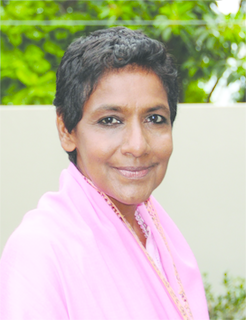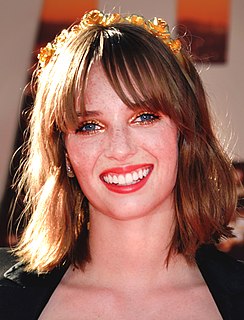A Quote by Oscar Wilde
Related Quotes
Writing a diary every evening before going to bed is a good habit. We can record in the diary how much time we have devoted to our spiritual practice. The diary should be written in a way that helps us see our mistakes and correct them. It should not be a mere document of other peoples' faults or our daily transactions.
Memory is a dead thing. Memory is not truth and cannot ever be, because truth is always alive, truth is life; memory is persistence of that which is no more. It is living in ghost world, but it contains us, it is our prison. In fact it is us. Memory creates the knot, the complex called the I and the ego
But pain may be a gift to us. Remember, after all, that pain is one of the ways we register in memory the things that vanish, that are taken away. We fix them in our minds forever by yearning, by pain, by crying out. Pain, the pain that seems unbearable at the time, is memory's first imprinting step, the cornerstone of the temple we erect inside us in memory of the dead. Pain is part of memory, and memory is a God-given gift.
I'm so old that when I started keeping a diary they were in actual books, and I think that's one the reasons that I've never written about sex. Because early on you had to worry that someone was going to find your diary, so it's bad enough to be writing like Joan Didion, but writing like Joan Didion about sex acts you'd performed with somebody you had known for 20 minutes, that's a bit worse. So I would write in my diary, "I met J. and we had sex five times last night." But I would never write about what we did.




































